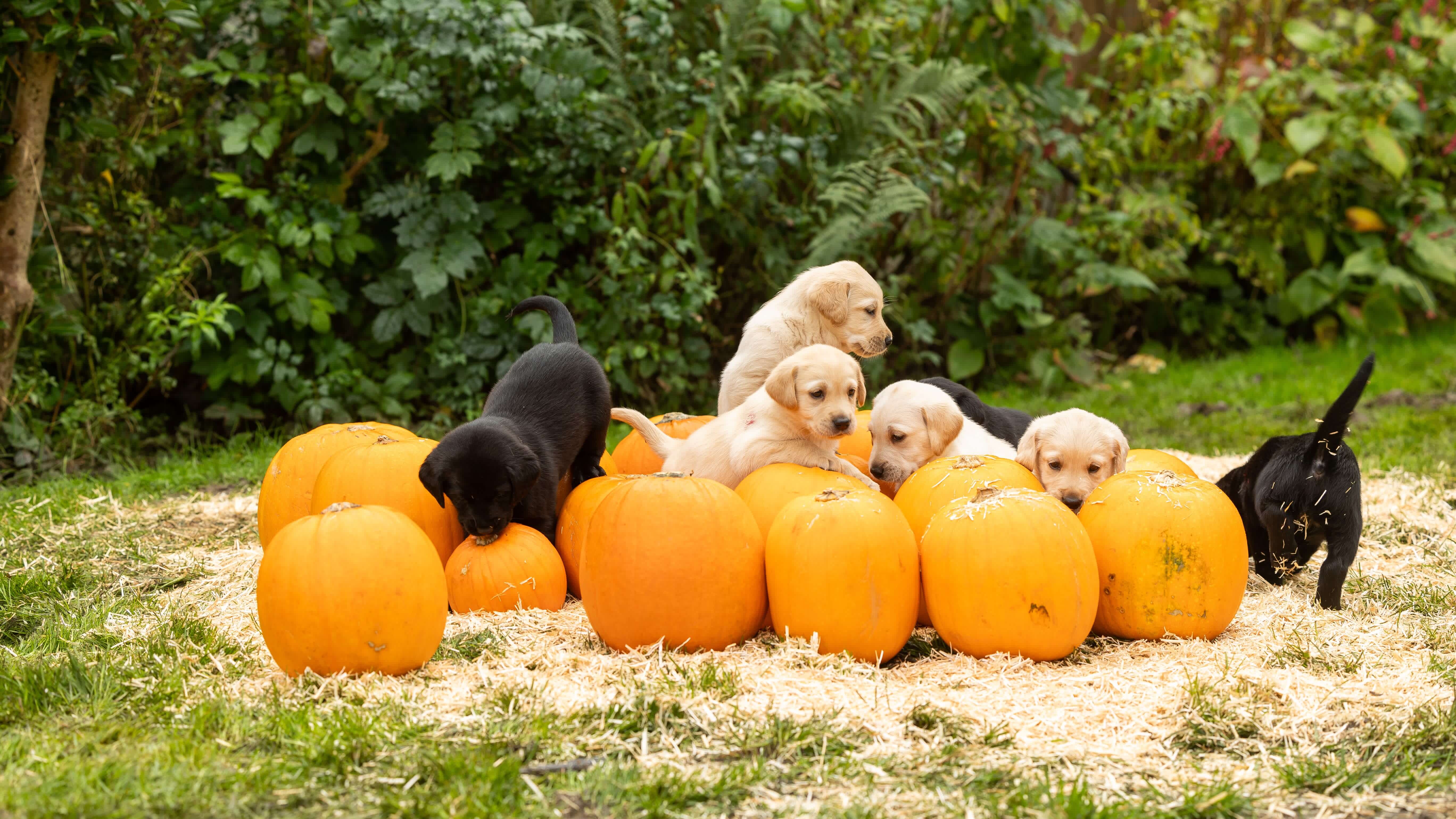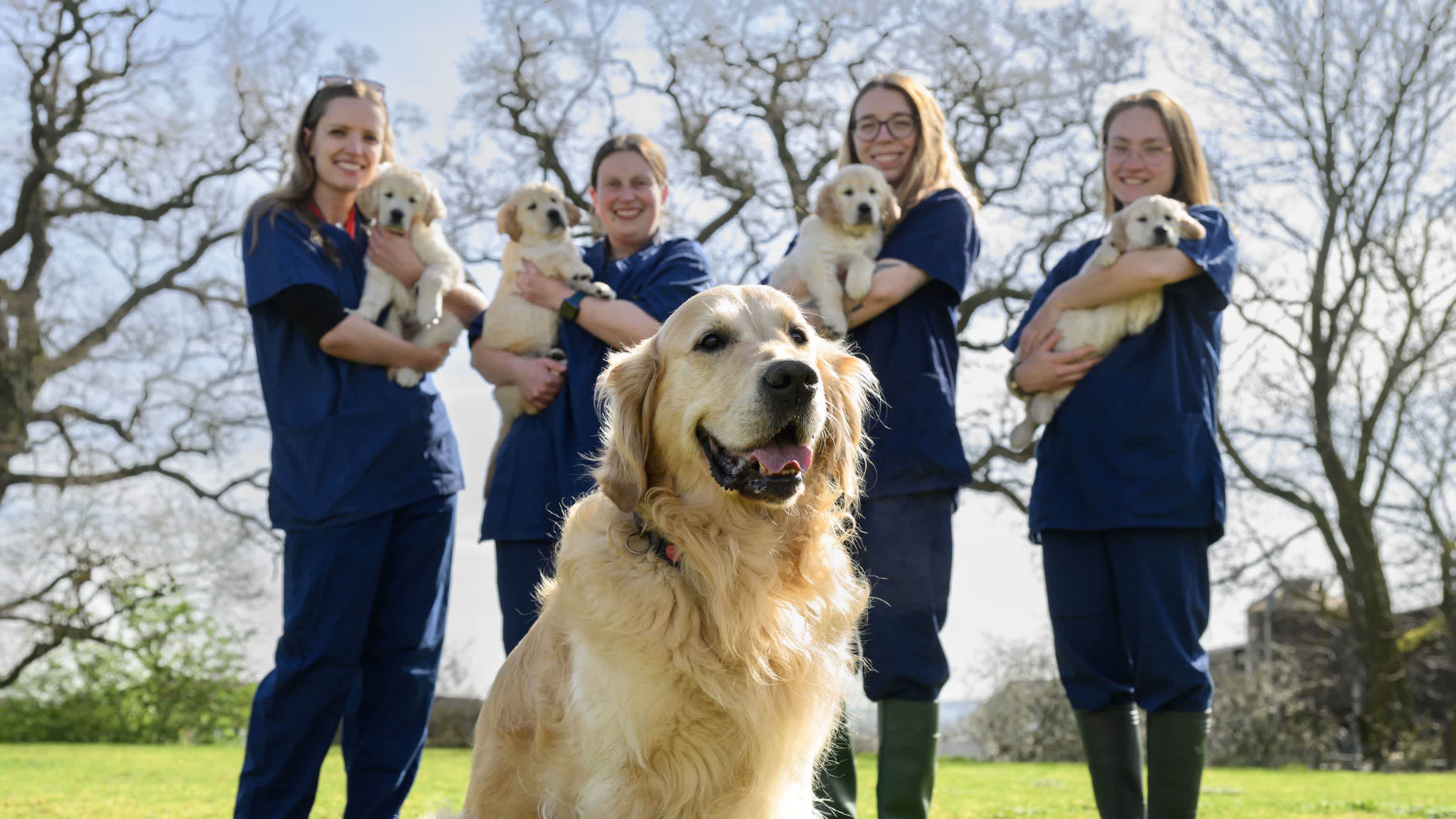As dog owners, we've all noticed those moments when our canine companions seem to sense our mood. Whether we're excited, sad, or anxious, they always seem to know. But how deeply does our emotional state affect them? A fascinating new study by the University of Bristol*, sheds light on just how closely our stress levels impact our dogs - and the results might surprise you.
The research highlights that dogs are incredibly sensitive to their owner’s emotional states, particularly stress, which can directly affect their performance and learning abilities. While we’ve known for years that dogs can pick up on our emotions, this study provides the first scientific evidence showing how human stress odours can influence a dog's emotional well-being and ability to learn. Emotional contagion - the transfer of emotions from one individual to another - isn’t just something humans experience. It turns out our dogs are just as susceptible, especially when their closest human companions are stressed.
This insight is especially significant for those raising, training or working with assistance dogs, such as guide dogs who are selected to be emotionally resilient. But, even these well-trained dogs can struggle to perform well if their handler is experiencing high stress levels.
When a dog's performance declines, it’s important to consider how the human is feeling before addressing the dog’s behaviour. This is particularly important for those working with or relying on guide dogs, where maintaining the emotional stability of the dog is critical for effective learning and safe performance.
Guide Dogs tips for managing stress and supporting your dog’s well-being
Be Self-Aware: Recognise your emotional state. Acknowledging feelings of stress or anxiety allows you to take proactive steps to prevent these emotions from affecting your dog.
Create a Routine: Dogs thrive on consistency. Establishing a daily routine can help both you and your dog feel more secure and less stressed.
Take Time Out: Make sure to take moments throughout your day to pause and reset. A brief break can help both you and your dog recalibrate emotionally.
Practice Mindfulness: Spend a few quiet moments with your dog, focusing on your breathing while gently stroking them. This can create a sense of calm for both of you.
Engage in Relaxing Activities: Whether it’s a short walk, light play, or just sitting together in a peaceful setting, calming activities can help reduce stress for both you and your dog.
For guide dogs, understanding the impact of their emotions is a crucial part of training. Guide Dogs provides education to volunteer puppy raisers that emphasises emotional awareness, helping them to maintain a calm and positive demeanour. This, in turn, allows their dogs to develop the emotional strength needed to excel as assistance dogs. This same education is provided to the dog’s vision impaired handler as they develop their own partnership.

This research underlines the importance of self-care for anyone working with or living with dogs. By managing our stress and being aware of our emotions, we not only improve our own well-being but also enhance our dog’s ability to learn and perform.
Tim Stafford, Director of Canine Affairs at Guide Dogs

The bond we share with our dogs is built on trust, clear communication, and, as this research shows, emotional exchange. As we navigate our daily stresses, it’s essential to remember that our dogs are along for the ride, picking up on both conscious and unconscious cues and reacting in ways we might not always realise. By taking care of our emotional health, we’re also taking care of theirs - a win-win for both of us.
*https://www.bristol.ac.uk/news/2024/july/dogs-stress-study.html



